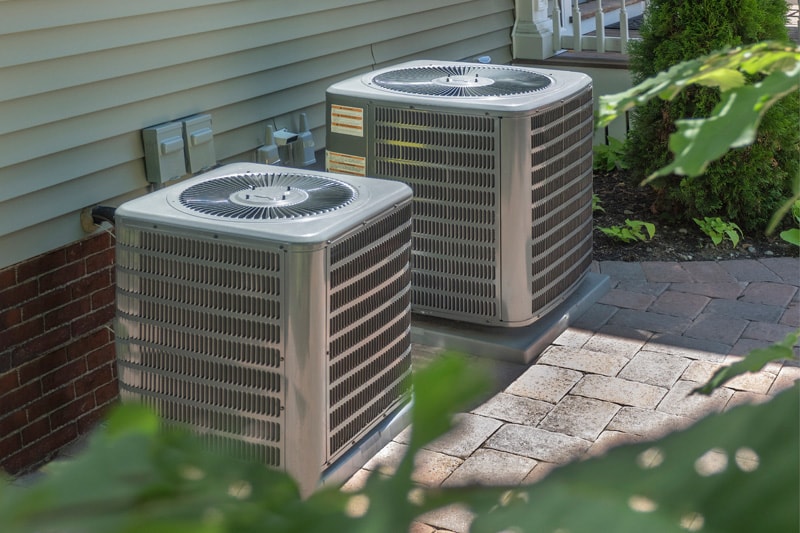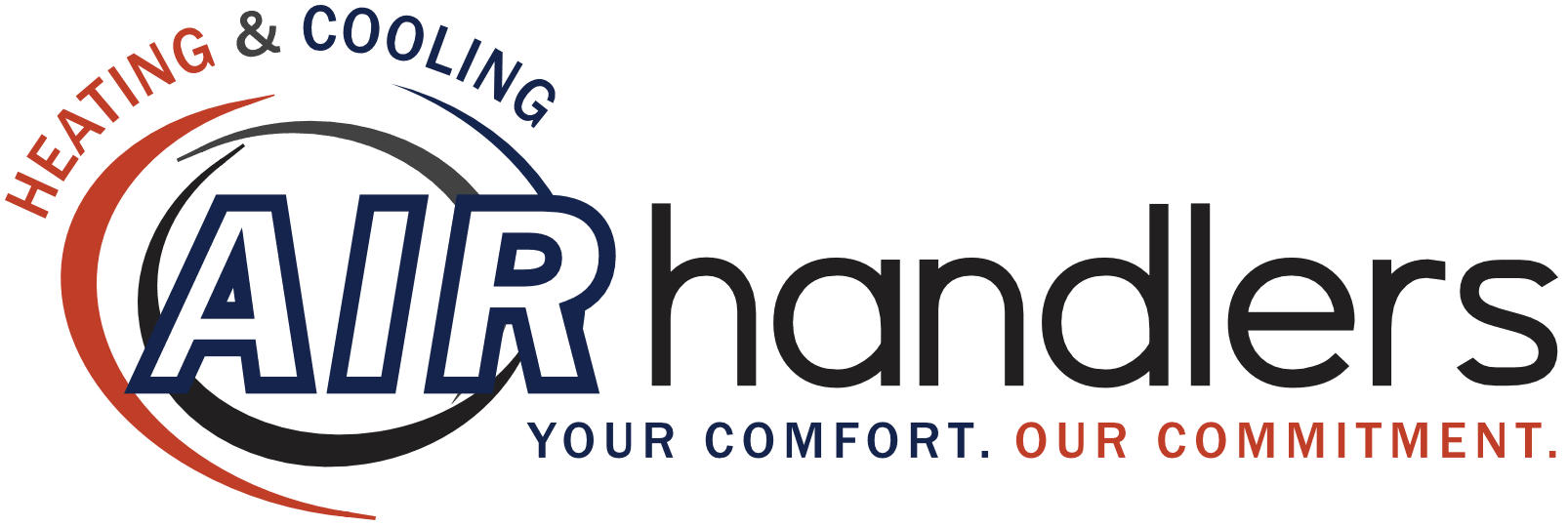
Here at Air Handlers, we’re passionate about educating our Virginia customers about various heating, ventilation, and air conditioning (HVAC) definitions. Whether you’re getting a furnace repair or a new AC unit, we like to keep the process friendly and transparent for our neighbors in the Chesapeake area.
On that note, here’s a savings tip: remember to change your AC filter every 90 days. Switching out a dirty filter to a clean one could reduce your energy bill by up to 15 percent, according to the U.S. Department of Energy (DOE).
On top of that, a clean filter purifies your air by collecting dust, dander, and other irritants. It promotes healthy indoor air quality (IAQ).
Ready to get into the nitty-gritty? Keep reading for a detailed guide on heating and cooling terms, from air handlers to zone control systems.
Air Handlers
Air handlers provide ventilation, distributing warm or cool air through your ductwork. These units are usually purchased with heat pumps – the two work hand-in-hand. They are comprised of a blower (a motorized fan), evaporators (for cooling), sound attenuators (mufflers for your ducts), and a filter (for dust collection).
Annualized Fuel Utilization Efficiency (AFUE)
The annualized fuel utilization efficiency (AFUE) rating system measures how efficient a furnace is, similar to miles-per-gallon (MPG). For instance, an old furnace may have 56 percent AFUE, while a newer efficient model may have an AFUE of up to 99.5 percent. A furnace’s AFUE rating is determined by the percentage of fuel that gets used for heating.
British Thermal Units (BTU)
When finding the right sized AC system for your home, you will hear an HVAC professional refer to BTUs. One BTU equals the amount of energy needed to increase one pound of water by 1° F. Generally, an air conditioning unit requires 20 BTU for each square foot of your home. For example, a 600 square-foot studio apartment needs an AC unit with 12,000 BTU.
Carbon Monoxide (CO)
When carbon is burned with insufficient ventilation, it produces carbon monoxide (CO). This dangerous gas has no odor, color, or taste. It is poisonous when inhaled and highly flammable. Always be sure your CO detectors are correctly installed and in good condition.
Compressor
These parts are found on the outdoor component of a heat pump or air conditioner. They pump refrigerant and help sustain pressure to keep the cooling process working.
Condenser Coil
This part is also located on the outdoor component, releasing heat during the summer. On heat pumps, the process works in reverse during the winter.
Heat Exchanger
This furnace component helps transfer heat to the blowers, where it gets ventilated throughout your ductwork.
Humidistat
Humidistats work like a thermostat – but for humidity levels instead of temperature. Set the humidity level and your whole-home humidifier will maintain it.
Minimum Efficiency Reporting Value (MERV)
When you’re selecting an air filter, you’ll come across its MERV rating. The higher the MERV, the more particles the filter will catch. Standard home filters are MERV 16 or below, while most hospitals use MERV 17 through 20.
North American Technician Excellence (NATE) Certification
This program trains technicians to be HVAC experts. NATE certification is the most widely respected and recognized form of accreditation in the industry – in both Virginia and nationwide.
Seasonal Energy Efficiency Ratio (SEER)
You can use this rating system to quickly scan an AC unit or heat pump’s energy efficiency. The higher the SEER, the more efficient it is. The number comes from dividing the unit’s cooling output (in BTUs) by energy usage (in watts) during a given season.
Zone Control System
This HVAC add-on allows you to individually control the temperature in different areas (or zones) in your home. It uses mechanical dampers installed in your ductwork, which block or allow treated air to enter certain rooms, simulating the effect of having multiple furnaces or air conditioners at work in your home. You can zone a single room or entire floor.
Call Today for Outstanding HVAC Service
Air Handlers has a team of Chesapeake, VA, HVAC experts ready when you need us. Call today at 757-734-7171 or request service online.
